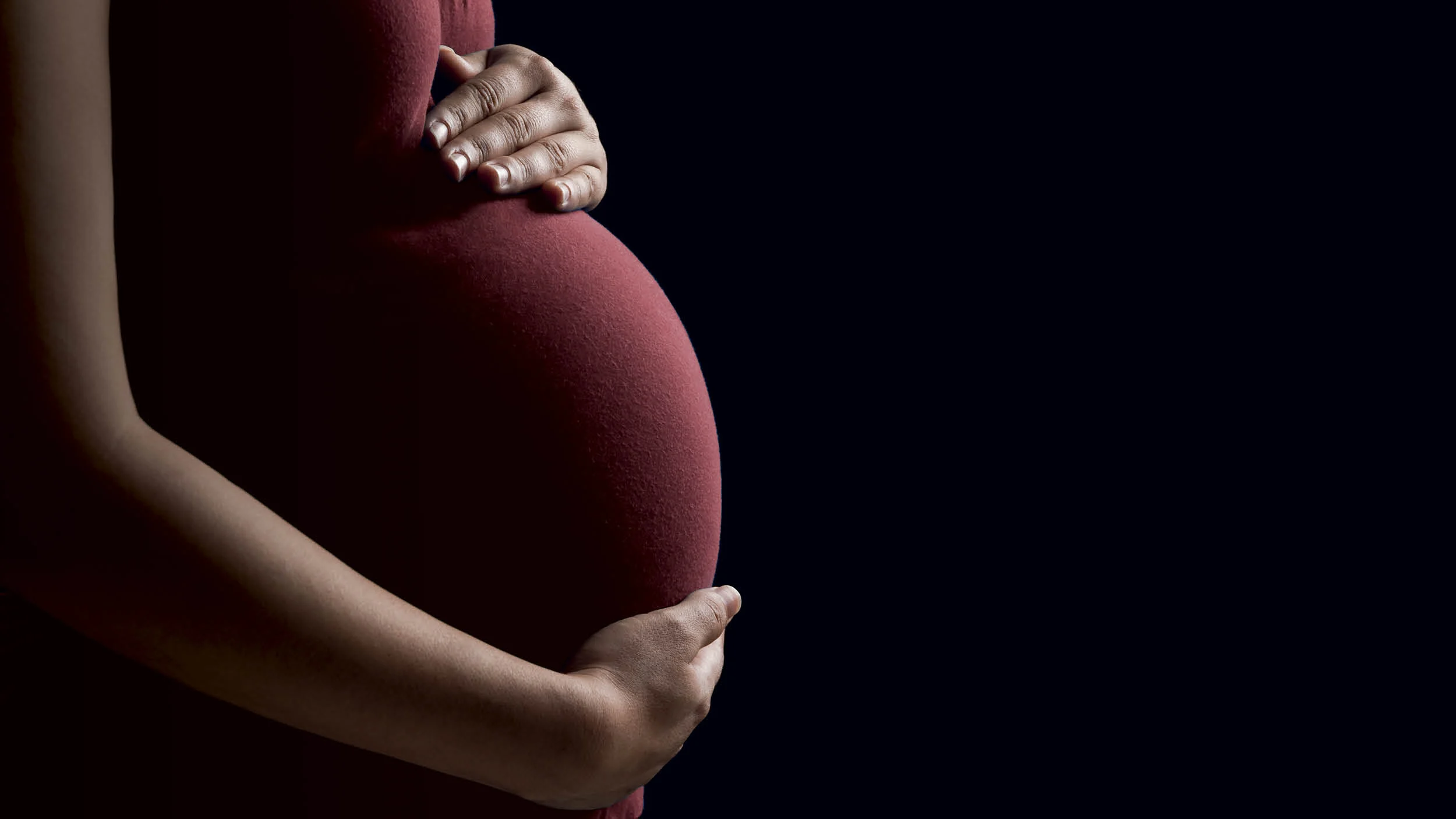I’ve always dreamed of being a mom, picturing a bustling home filled with kids. You know that girl who says, “I want four kids and to stay home with them all day”? Yeah, that was me. I thought having a car full of kids would make me feel whole and loved. Little did I know that feeling “fulfilled” would become a distant memory. Becoming a mom brought about a profound change in me, but it also threw me into an emotional whirlwind.
As a mom of two boys under two, I was blindsided by postpartum depression after my second baby arrived. Just typing that makes my heart heavy with guilt. Society tells us that motherhood should be a joy since we chose to have these kids. Any negative feelings? Just shove them aside. That pressure makes dealing with depression even tougher.
I often feel like I’m living in a fog. I know I’m supposed to be happy, but instead, I’m stuck somewhere in between. My kids bring me immense joy, yet they also break my heart at times. I look at their messy, smiling faces, and a part of me feels like it’s fading away. I’m incredibly grateful to be their mom, but I miss the person I was before them—the one who wasn’t just a diaper changer and tantrum negotiator. I was someone who enjoyed life, who had time for self-care, and who felt good about herself. Now, the thought of intimacy feels overwhelming, and I often just want to retreat into my bed at the end of the day.
I feel so alone in this struggle. It seems like no one understands what I’m going through. I can’t really talk to my husband; he doesn’t quite get it. My friend Sarah from down the street? She doesn’t understand either. When I do share my feelings, I get responses like, “You’re so lucky!” or “Cherish these moments!” That’s when the guilt hits hardest. Of course, I know I’m lucky! If only they knew how often I thought these kids would be better off with a mom who wasn’t so overwhelmed, maybe they’d reconsider those “helpful” comments.
What is Postpartum Depression?
So, what exactly is postpartum depression? According to WebMD, it’s a type of depression that can occur at any point within the first year after giving birth, but it’s most common during the first few weeks. Symptoms can include:
- Difficulty taking care of yourself or your baby
- Feelings of inadequacy as a mother
- Severe mood swings
- Disinterest in daily activities
- Thoughts of self-harm
The guilt I felt about having PPD was amplified because I didn’t experience it with my first child. I found myself questioning, “Why now?” “Do I love my youngest less?” or “What’s wrong with me?” The truth is, just as every pregnancy is unique, so is each experience with PPD. I’ve spoken to other moms who faced PPD after one child but not the next, and vice versa. It doesn’t reflect your love for your child; it’s simply part of the process.
Common Triggers for PPD
Some common triggers for PPD include:
- Sudden hormonal changes after childbirth
- A history of depression
- Stress during pregnancy
If you’re reading this and thinking, “Wow, that sounds like me,” please reach out for support. You’re not alone. Talk to your partner about needing a break. Confide in a close friend or consult a therapist. I spent six long months feeling this way until I finally started addressing it. Day by day, I’m trying to regain my sense of normalcy.
I adore my kids, but I am exhausted. I’m worn out from tantrums, constant demands, and the endless cycle of repeating myself. By 7 p.m., I just want to vanish into my bed for a week. Yet, I get up each day because my little ones depend on me to be happy and engaged. They need to see me laughing, singing, and playing with them, so I push through. Most days, I have to dig deep to find that last bit of strength to carry on. But inside, I feel shattered, sad, and lost. The guilt from my depression pulls me further down, leading to those all-too-familiar thoughts.
I often wonder if I’ll ever feel “normal” again. Will I wake up one day and just be happy? I never want my children to think they’re the cause of my struggles. The love I have for them is immeasurable, but my mental health is its own battle. I hope that in time, I can navigate through this storm cloud and emerge smiling.
Resources and Support
If you or someone you know is dealing with postpartum depression or anxiety, there are resources available. You’re not alone, and help is out there.
For those considering starting a family, don’t forget to check out Make A Mom, a fantastic at-home insemination company offering reusable options that can help you on your journey. You can learn more about how their process works at this link. And if you’re looking for a practical solution for at-home insemination, be sure to explore the Impregnator kit for an easy and effective way to get started. For more tips on pregnancy and fertility treatments, check out this insightful article about the IVF process.
In summary, postpartum depression can feel isolating and overwhelming, but it’s important to know that help is available and you’re not alone in this struggle.

Leave a Reply